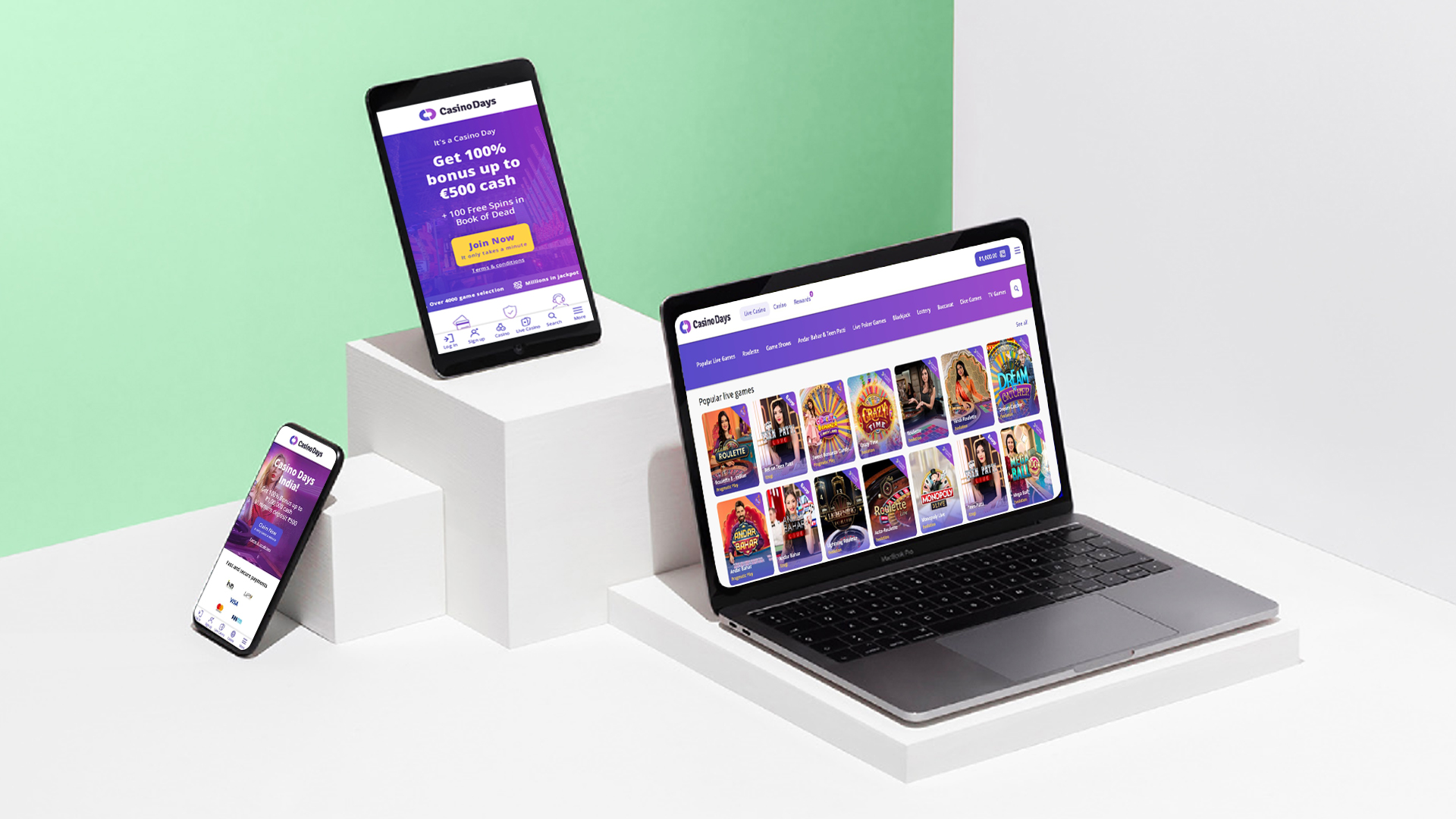Entertainment
Khloe Kardashian accidently posts a picture on Instagram later deletes it: See deleted pics

Much ado was made recently over a picture of Khloe Kardashian that was accidentally posted on her Instagram and then deleted – by then, however, the picture had been circulated by many and Kardashian lawyers went to work having it scrubbed from the Internet. Excessive force over a photo, several might say and have. The photo itself? A perfectly nice picture of Khloe in a bikini – except that it hadn’t been touched up. After massive backlash, the 36-year-old media personality shared her thoughts today. On Instagram, she shared a live video to “show you all this isn’t photoshopped.” She also appended a statement in which she explained the fuss over the unfiltered photo and her rush to have it removed.
“The photo that was posted this week is beautiful,” Khloe Kardashian begins her statement, contradicting herself in the next sentence: “But as someone who has struggled with body image her whole life, when someone takes a photo of you that isn’t flattering in bad lighting or doesn’t capture your body the way it is after working so hard to get it to this point – and then shares it to the world – you should have every right to ask for it to not be shared – regardless of who you are.”
Khloe, younger sister of Kourtney and Kim Kardashian, was noticeably heavier when the family first began airing their star-making reality show Keeping Up With The Kardashians. “In truth, the pressure, constant ridicule and judgment my entire life to be perfect and meet other’s standards of how I should look has been too much to bear,” she writes in her statement, revealing that she has been on the receiving end of comments like “Khloe is the fat sister” and “Khloe is the ugly sister.”
Noting that public opinion has largely suggested she suck it up because “she grew up in a life of privilege” and “signed up for all this,” Khloe Kardashian writes, “I am of course not asking for sympathy but I am asking to be acknowledged for being human… It’s almost unbearable trying to live up to the impossible standards that the public have all set for me.” Her flaws and imperfections have been micro-analyzed in photos, Khloe writes, adding that the common assumption is that she “must have paid for” her now toned and fit body.
“I love a good filter, good lighting and edit here and there,” Khloe Kardashian writes, “My body, my image and how I choose to look and what I want to share is my choice.”
Read her detailed post here:
Khloe Kardashian’s words will, of course, resonate with anyone who has struggled with body image and that’s most of us. Nor is her right to assert agency over her own life in dispute – the problem with the forbidden image is twofold: the extreme lengths her team went to in having it deleted and, more importantly, the narrative presented on social media by Khloe and her sisters.
One might argue that Khloe Kardashian perpetuates the same impossible beauty and body standards she deplores in her post. The controversy over the picture she worked so hard to have removed has thrown into sharp relief an older post (see below) Khloe shared on Instagram – a picture oof her stretch marks with the caption, “I love my stripes.” Does she really, asks the Internet now, given that no photo of Khloe presents the real, unfiltered her.
Entertainment
Casino Days Reveal Internal Data on Most Popular Smartphones

International online casino Casino Days has published a report sharing their internal data on what types and brands of devices are used to play on the platform by users from the South Asian region.
Such aggregate data analyses allow the operator to optimise their website for the brands and models of devices people are actually using.
The insights gained through the research also help Casino Days tailor their services based on the better understanding of their clients and their needs.
Desktops and Tablets Lose the Battle vs Mobile
The primary data samples analysed by Casino Days reveal that mobile connections dominate the market in South Asia and are responsible for a whopping 96.6% of gaming sessions, while computers and tablets have negligible shares of 2.9% and 0.5% respectively.
The authors of the study point out that historically, playing online casino was exclusively done on computers, and attribute thе major shift to mobile that has unfolded over time to the wide spread of cheaper smartphones and mobile data plans in South Asia.
“Some of the reasons behind this massive difference in device type are affordability, technical advantages, as well as cheaper and more obtainable internet plans for mobiles than those for computers,” the researchers comment.
Xiaomi and Vivo Outperform Samsung, Apple Way Down in Rankings
Chinese brands Xiaomi and Vivo were used by 21.9% and 20.79% of Casino Days players from South Asia respectively, and together with the positioned in third place with a 18.1% share South Korean brand Samsung dominate the market among real money gamers in the region.
Cupertino, California-based Apple is way down in seventh with a user share of just 2.29%, overshadowed by Chinese brands Realme (11.43%), OPPO (11.23%), and OnePlus (4.07%).
Huawei is at the very bottom of the chart with a tiny share just below the single percent mark, trailing behind mobile devices by Motorola, Google, and Infinix.
The data on actual phone usage provided by Casino Days, even though limited to the gaming parts of the population of South Asia, paints a different picture from global statistics on smartphone shipments by vendors.
Apple and Samsung have been sharing the worldwide lead for over a decade, while current regional leader Xiaomi secured their third position globally just a couple of years ago.
Striking Android Dominance among South Asian Real Money Gaming Communities
The shifted market share patterns of the world’s top smartphone brands in South Asia observed by the Casino Days research paper reveal a striking dominance of Android devices at the expense of iOS-powered phones.
On the global level, Android enjoys a comfortable lead with a sizable 68.79% share which grows to nearly 79% when we look at the whole continent of Asia. The data on South Asian real money gaming communities suggests that Android’s dominance grows even higher and is north of the 90% mark.
Among the major factors behind these figures, the authors of the study point to the relative affordability of and greater availability of Android devices in the region, especially when manufactured locally in countries like India and Vietnam.
“And, with influencers and tech reviews putting emphasis on Android devices, the choice of mobile phone brand and OS becomes easy; Android has a much wider range of products and caters to the Asian online casino market in ways that Apple can’t due to technical limitations,” the researchers add.
The far better integration achieved by Google Pay compared to its counterpart Apple Pay has also played a crucial role in shaping the existing smartphone market trends.
Content provided by Adverloom

























